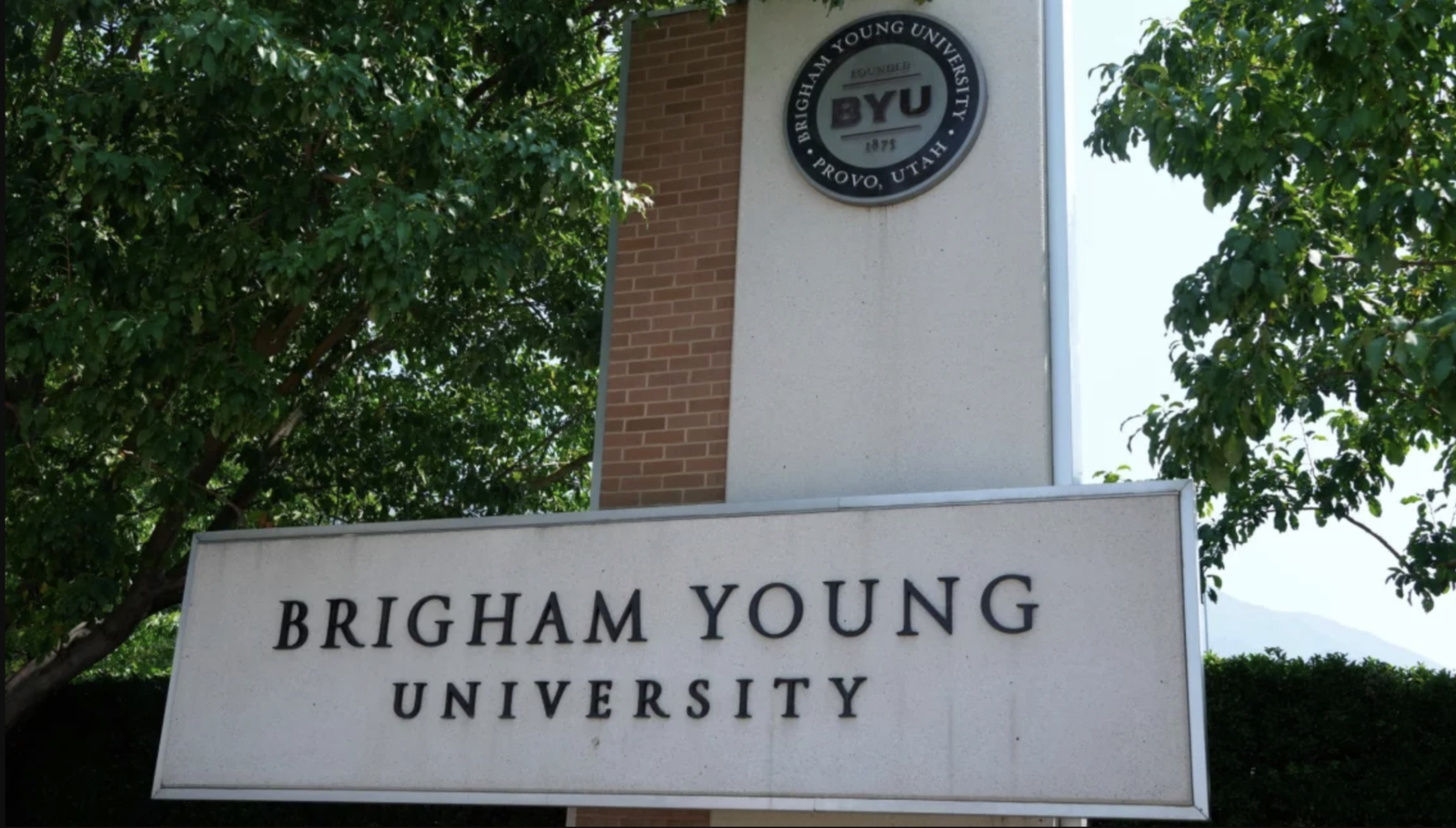In the United States, over 140 institutes of higher education are associated with Christianity, while there are only a handful of universities connected to other religions. Some of the most elite institutions in the country, such as Boston College and Georgetown University, are religiously affiliated. However, Brigham Young University, or BYU, is arguably the most well-known for its religious ties. BYU was founded to instill in students the values of The Church of Latter-Day Saints (LDS) and to promote leading lives rooted in learning and service.
While these are certainly admirable values, pushing them too hard may clash with students’ ability to express themselves.
The religion, historically known as Mormonism, was founded as a branch of Christianity. However, it is notably different from other Christian religions because of its reliance on the Prophet Joseph Smith, regarded as the official founder of the religion. The LDS Church is very controversial, with many public stories of those who have left the church criticizing it for extremist beliefs. Some of the common critiques of the LDS Church include questions about Joseph Smith’s character, the church’s harsh stance against LGBTQ+ people and inconsistencies throughout scripture. Nevertheless, within the Church there exists an extremely wide range of beliefs, from fundamentalist polygamist practices to the much more modern “liberal” sects of the church, such as those who do not abide as strictly to church doctrine and are not as unbending about social issues. Due to these variations, members of the LDS Church cannot be painted with a broad brush, as followers interpret church doctrine in various ways.
There are approximately 16 million members of the LDS church worldwide. The United States holds the largest population, housing about 6.5 million members. Although this is a rather small percentage considering the entire U.S. population, the religious group is densely populated, with about 70% of Utah’s population belonging to the LDS Church. Despite its relatively small representation compared to other mainstream religions within the United States, the LDS Church is very well known – largely because of BYU’s reputation.
What sets BYU apart from other religiously affiliated schools in the U.S., such as the University of Notre Dame and Villanova University, is that religion plays a considerably larger part in BYU’s educational curriculum and experience. The university has a large requirement of religious education classes, specifically ones that regard the LDS Church and instruct on church doctrine. Some of these classes include Teachings and Doctrine of the Book of Mormon and The Eternal Family.
Religious education can have many benefits, both within the moral values that many religions uphold as well as the understanding of other viewpoints that it provides. However, the main issue that can pervade religious education is its overly-singular tendencies.
One of the most important parts of education is that it allows people to gain exposure and a better understanding of the world around them. Being taught about different religions and their beliefs can certainly help improve empathy. However, BYU is considered a controversial institution because its teachings present that there is only one path to salvation: the LDS church. While Mormonism does teach important values, such as kindness, honesty and love for one’s family, it also claims that one must have faith in Jesus Christ to live with God in the Celestial Kingdom. The idea that only one path leads to salvation is certainly not an uncommon one and is a belief of many religions across the globe. However, what differentiates BYU is that it is rare throughout colleges and universities within the United States, including religious universities, to only teach this singular idea of salvation.
Additionally, BYU’s infamous honor code extends this religious educational approach. The standards that students are upheld to are quite strict, with the prohibition of same-sex relationships, profane language and even many forms of facial hair. The honor code also requires regular church service attendance, making it so that all attendees of BYU must be involved in the LDS Church to some extent.
Although all students are required to attend services for the LDS Church, there is a tuition difference between those who are official members of the church and those who are not. The base tuition for LDS members is $6,496, while non-members are charged $12,992.
Between course requirements, honor code regulations and tuition costs, it seems that the main purpose of BYU is to keep people within the church and convert outsiders to LDS members. Not only is there financial motivation to be a church member, but BYU’s regulations are tied so closely to the LDS Church that it becomes difficult to separate BYU students from church members.
Religious education is not a negative thing and, in fact, often produces an environment that promotes good values and allows students to thrive. However, problems can arise when religion is used as a means to stifle self-expression and individual thought. Much of the reason that BYU often appears in the spotlight is because of this suppression, even having an Instagram account dedicated to anonymous stories about the BYU honor code. There are both positive and negative stories on this account, but a common denominator is the expression that students often do not feel as if they have freedom. Some students have shared extreme consequences for false allegations of academic misconduct, as well as expressing their fear of being kicked out of the University for identifying as a member of the LGBTQ community.
BYU is a private institution and has the right to enforce policies as it sees fit. However, it is important to question whether its strict adherence to religious policy is positive, and if BYU students can thrive and be themselves under such guidelines.







